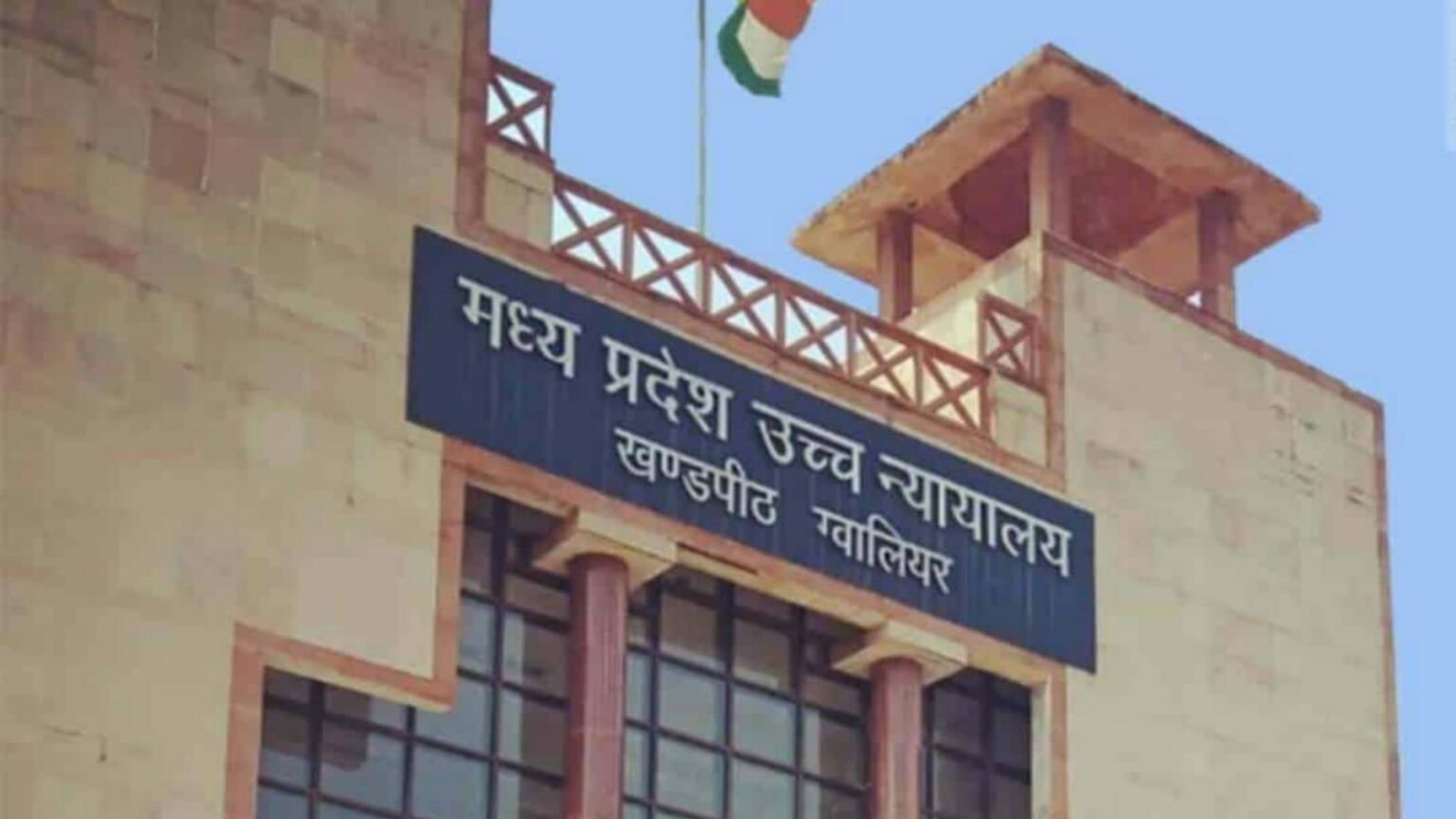The Court refers to three substantial questions to the bench.
The Madhya Pradesh High Court, Indore Bench added three substantial questions of law to be decided. The questions are referred to a larger bench concerning the preventive detention under the Prevention of Black Marketing and Maintenance of Supplies of Essential Commodities Act, 1980. It is also otherwise known as the Black Marketing Act.
A division bench compromising of Justice Vivek Rusia, and justice A.N. Kesharwani referred to the substantial questions. The questions proposed were as follows:
- If or whether the District Magistrate or Competent Authority has the power to prescribe the period of detention while passing the order under Sections 3 and 4 of the Black Marketing Act, 1980?
- If or whether the duration of detention is liable to be prescribed by the State Government under section 2(1) of the Act?
- In case of the absence of passing order for confirmation passed under section 12(1) of the Act with a specified period of detention, the order of detention passed by the District Magistrate or competent authority could survive more than 7 weeks as no period is prescribed for giving an opinion by the Advisory Board under Section 11 of the Act and passing of an order of confirmation under Section 12(1) of the Black Marketing Act, 1980.
These questions are added to two other questions that were considered pending from the larger bench.
Background:
A writ petition was filed by the Father of Detenu. His son was under detention under Section 3 of the Black Marketing Act. The detenu was served with the detention order. It was directed that the son be kept under detention for six months. In respect to which he was detained the very next day.
Advisory Board has submitted an opinion that sufficient cause existed for the detention. The State has justified its action before the Court. They have submitted a report stating that they followed the procedure completely while passing the detention order. As everything was followed and done according to the law the interference of the Court was not called for.
In response to this, the Court has pointed out that no order of confirmation was passed by the State. The required U/S 12(1) of the Act was missing. It was observed that despite the procedure laid out under the Act, in the present discussed case, the State did not adhere to the same.
It was also observed that the Petitioner had raised multiple grounds, some of which are referred to the larger bench. As it seems that the larger bench could take time to come to a decision. The court thought that it was best to grant release of the Detenu in an interim measure.
With the decision made, the Court ordered the release of the detenu on a personal bond with surety and under the conditions that the detainee present himself before the Registry as and when required.
Published by: Diwakar Kumar
Edited by: Aaradhana Singh













